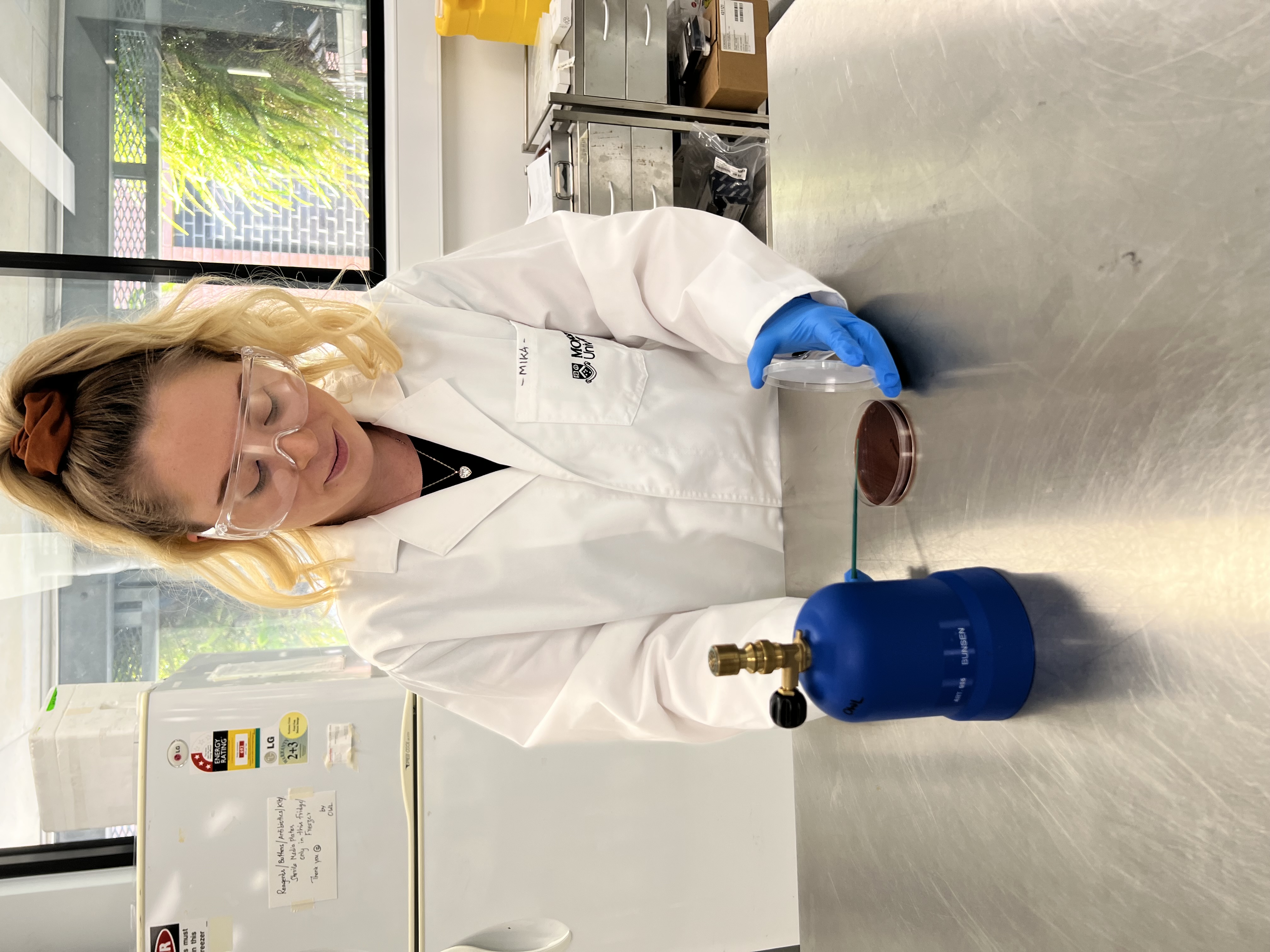New research has uncovered critical gaps in an emerging global public health tool for detecting environmental faecal contamination - which is linked to life-threatening diarrheal diseases that cause 1.2 million deaths each year.
Despite being considered globally applicable, microbial source tracking (MST) methods may not be as reliable as assumed, a systematic review found. Health systems that rely on universal methods such as MST risk missing critical opportunities to outbreaks of diarrheal diseases, underscoring the urgent need for standardised approaches.
Lead author Leah Barrett, a PhD candidate at Monash's RISE program (Revitalising Informal Settlements and their Environments) and based at the Department of Civil Engineering, said an urgent global effort to standardise MST methods to prevent outbreaks is necessary.
"The impact of undetected contamination is devastating as it contributes to the 1.2 million deaths caused by diarrheal diseases each year," Ms Barrett said.
Ms Barrett said universal tests often fail to accurately identify contamination sources because factors like diet, climate, and local sanitation practices significantly shape the microbial makeup in each region, making it crucial to develop and validate MST markers tailored to these unique conditions.
"The stark regional disparities and a lack of tailored solutions really puts a limit on public health interventions and their ability to prevent deaths worldwide. A valid standardised global testing method is needed urgently," Ms Barrett said.
"Regionally adapted solutions could transform MST into a powerful tool for combating diarrheal diseases, particularly in vulnerable regions. Without these efforts, MST's potential to prevent and control these illnesses remains underutilised."







